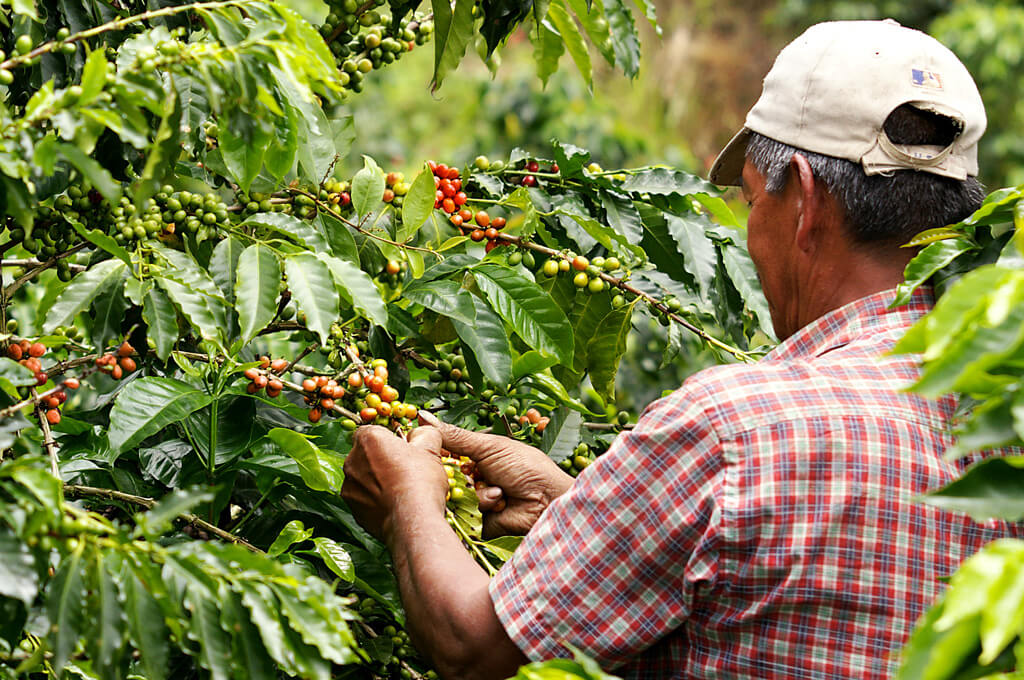What we offer
Kaldi is the ultimate spot for coffee lovers who want to learn about their java’s origin and support the farmers that grew it. We take coffee production, roasting and brewing seriously and we’re glad to pass that knowledge to anyone.
We sell green and roasted coffee beans that are sourced directly from independent farmers and farm cooperatives. We’re proud to offer a variety of coffee beans grown with great care for the environment and local communities. Check our post or contact us directly for current availability.

We offer a small, but carefully curated selection of brewing gear and tools for every taste and experience level. No matter if you roast your own beans or just bought your first french press, you’ll find a gadget to fall in love with in our shop.
